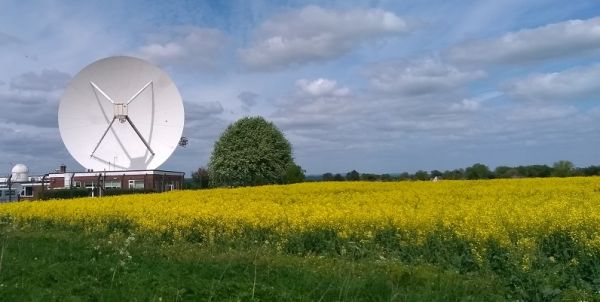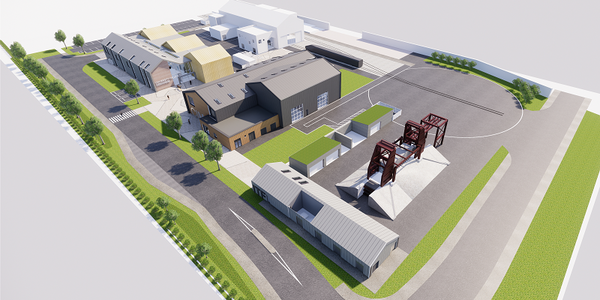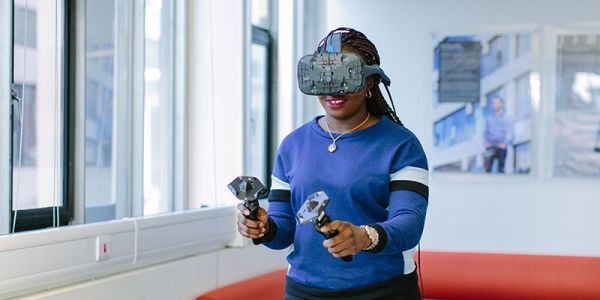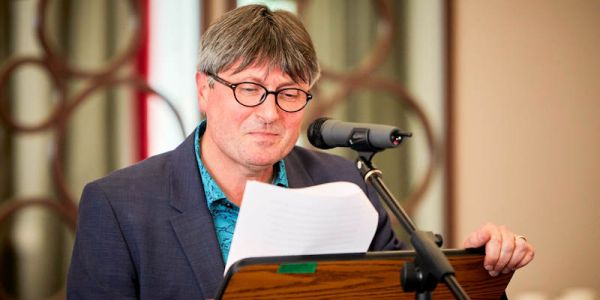
Using weather radar to monitor insects
Scientists are developing a pioneering technique that allows them to monitor insects in the air using weather radars, as part of a research project called BioDAR.

Scientists are developing a pioneering technique that allows them to monitor insects in the air using weather radars, as part of a research project called BioDAR.

A new framework provides a robust scientific tool for researchers, policymakers and industry to calculate remaining global carbon budgets.

A nutritional survey of baby food on sale in Europe has shown that a significant number of products contain high sugar levels that contradict World Health Organisation (WHO) recommendations.

An evaluation of the global energy return on investment for fossil fuels and renewable sources reveals a much more level playing field than previously believed.

The Government has confirmed funding for the University to create one of the most advanced conventional and high speed rail research facilities in the world.

Edible insects could be a key ingredient to avoiding a global food crisis, according to a new report, but there are significant barriers to overcome before they are part of the mainstream.

The Priestley Building will provide a base on the University's main campus for leading climate-related research.

Virtual reality (VR) is becoming the new normal at the University of Leeds, as staff and students working in engineering, arts, humanities, social sciences and health research embrace the technology.

Simon Armitage has performed one of his first official duties since becoming Poet Laureate, announcing the winner of the University of Leeds’ new poetry prize.

Why do arts and culture matter? What difference do they make to people’s lives? How do we know what difference they make to individuals and communities?